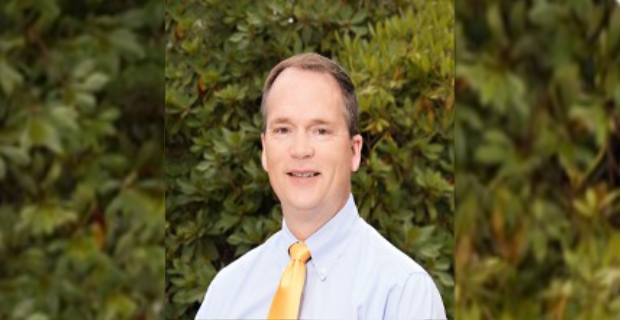Dr. Gregg Schellack is an orthopedic surgeon from the Sutter Coast Hospital in Crescent City, California. He specializes in various orthopedic issues that range from old-fashioned arthritis and rotator cuff tears all the way to complex cases of sports injuries like ACL tears. Moreover, he is qualified to handle some general pediatric orthopedic cases as well.
Before he reached his current success and established a long list of loyal patients, Dr. Gregg Schellack went through a rigorous medical school in Iowa. Once he graduated, he decided to pursue his dreams and move to the West Coast. Given his academic record and college achievements, he had no issues finding a job relatively soon after relocating.
What was your best/favorite subject in school?
Chemistry and biology were two classes that always tied on all of my lists of all-time favorite subjects. It is important to mention, however, that I had extremely qualified and outstanding teachers who were lecturing these two classes. So, I really did not even have to study much because most of the concepts were clear to me by the end of our classes. This left me with more time to research potential career choices based on my class preferences.
What was your first job?
Well, although a lot of people do not count it as a real job, I spent a few months working as an intern at the Naval Medical Center, San Diego. This may seem like a simple role where I had no relevant duties, but it was far from that. I had to work 80-100 hours every week and assist attending doctors with things like initial patient interactions, follow-up visits, surgery and much more.
Where and how did you first get into the industry you currently work in?
By applying for a lot of residency programs. I wanted to focus on the West Coast, so I was extremely happy to get the news the Loma Linda University accepted me and I looked forward to the upcoming opportunities.
How have those jobs prepared you for what you do now?
They prepared me really well, actually. The internship and all of the innumerable hours that I had to work were a great way for my career to foreshadow the direction in which it was going to go. Nowadays, I still have to be in my office for countless hours every now and then. Similarly, my residency is where I learned the vast majority of applicable knowledge that I continue to rely on to this day.
Describe the best day of work you’ve ever had.
It happened a few years ago when I performed my first orthopedic surgery and it was a success. This was the epiphany moment when I realized that I am very comfortable doing this job and all other self-doubt and insecurities quickly faded away.
How do you keep yourself motivated?
I think about all the people that may be struggling with these types of issues. Although I am not the only one who does this job, I like to think about these individuals as folks that I just have not had a chance to meet yet. So, eventually, I might be able to help them overcome their conditions.
What kind of business ideas excite you most?
The ones that are transparent and have a solid foundation that does not seem to be easily shaken by minuscule obstacles. Unfortunately, the vast majority of all business ideas that I deal with lack one of these two characteristics.
Have you ever tried any unorthodox techniques to attract attention to your business?
No. Ever since I got certified and completed my medical school, I have had a constant stream of patients come to see me almost every day. So, I never really felt the need to go out of my way to do unorthodox marketing.
What personal achievement are you most proud of?
Becoming an orthopedic surgeon. Going through residency was one of the most challenging endeavors that I ever faced, but the resident around me helped it to be easily accomplished. The reason why is that there was almost more to study than the hours in the day. Still, finding that perfect balance and figuring out a way to learn my trade while fully comprehending the material ended up becoming my second nature.
What wisdom would you have liked to share with yourself when you first started out?
Do not stress as much about trivial things. As an aspiring doctor, I used to worry about every detail of every project, venture, or relationship that I was involved with. At some point, however, you must take a step back and accept something less than perfection. Otherwise, you are setting yourself up for a long-term failure due to unrealistic standards.

